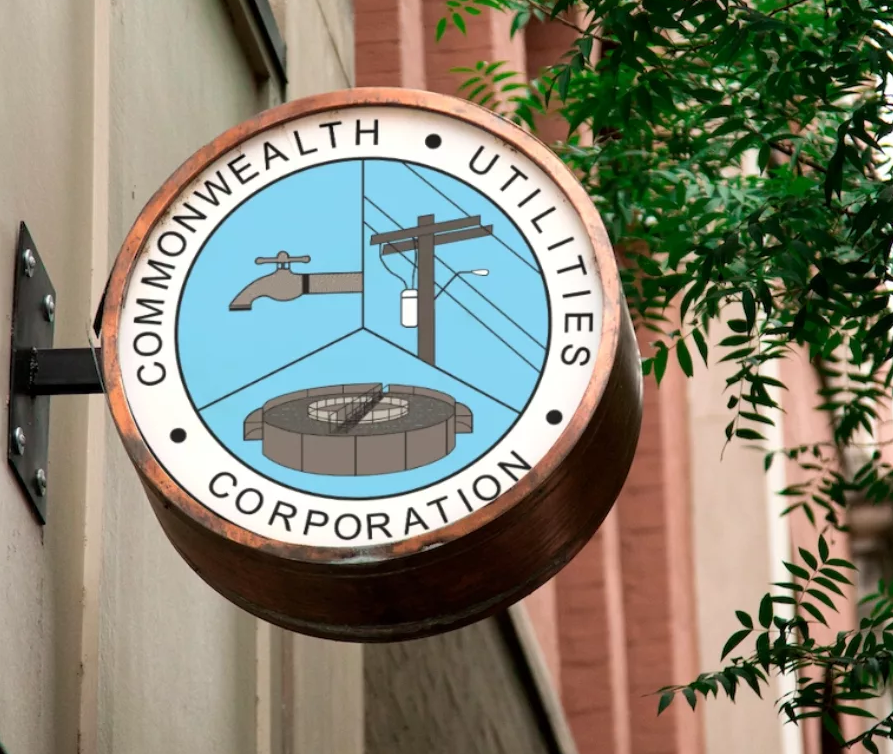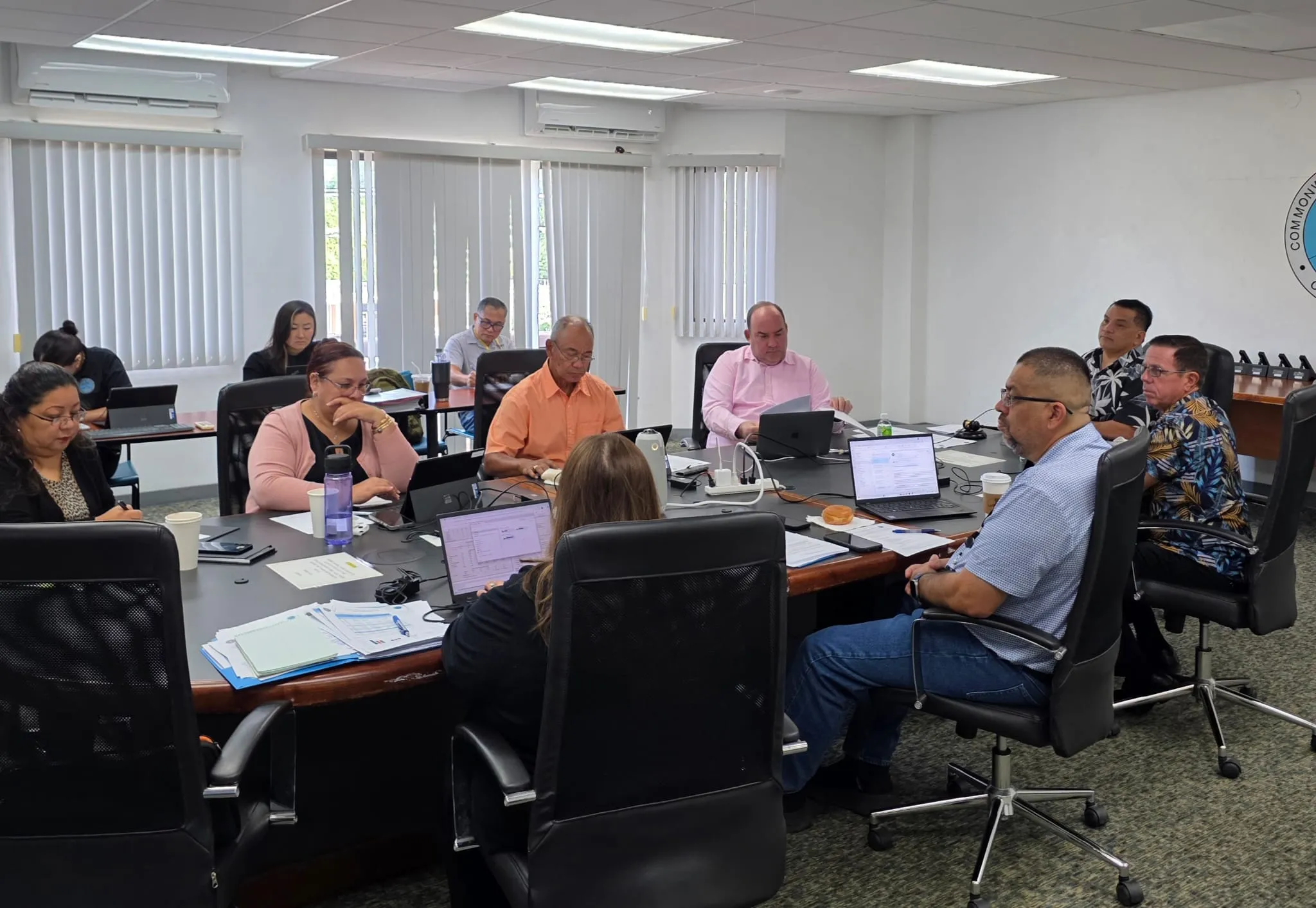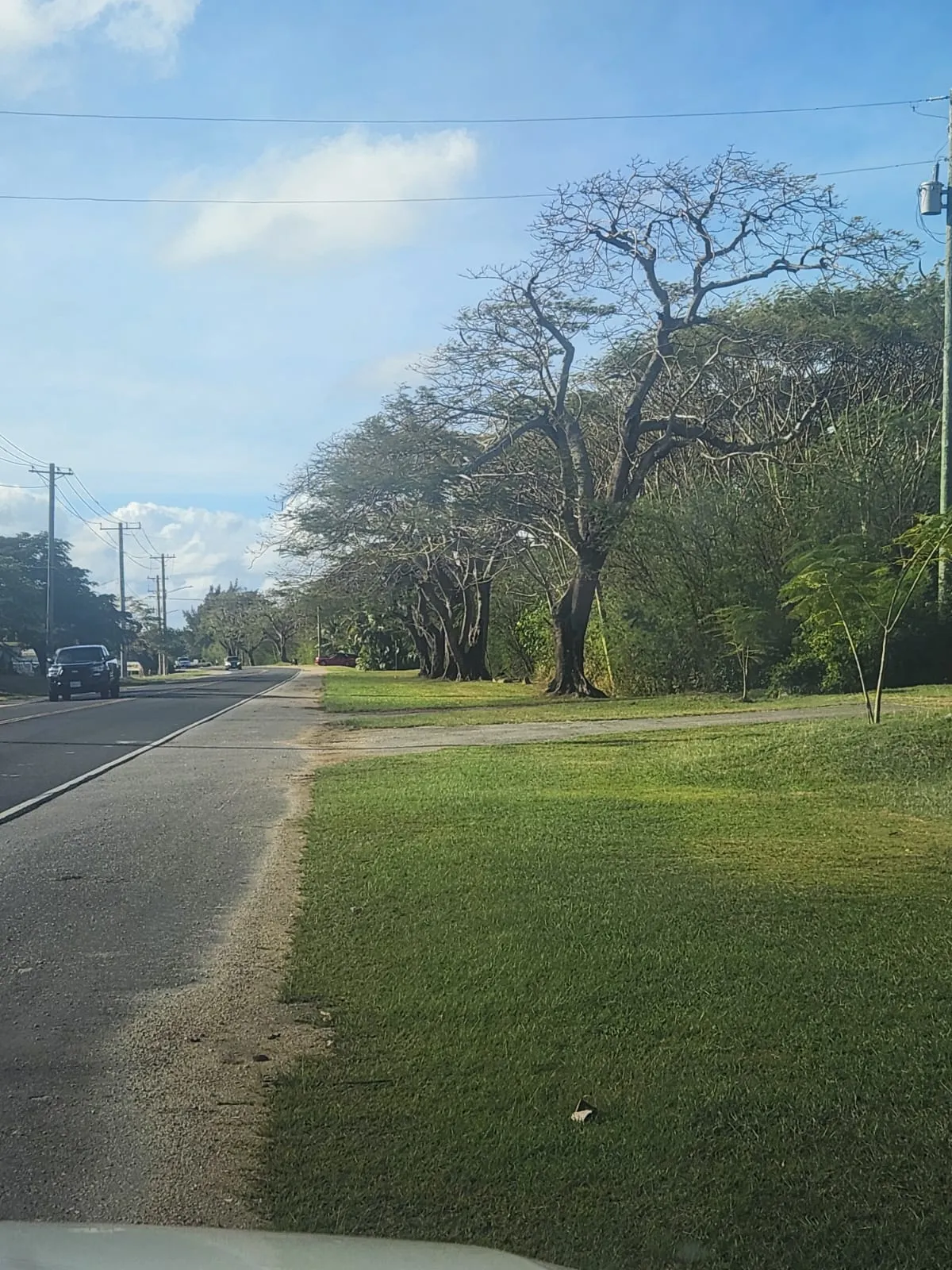
SUPERIOR Court Judge Lillian A. Tenorio has granted a request by Coca-Cola Beverage Company (Micronesia), Inc. and remanded its billing dispute with the Commonwealth Utilities Corporation back to the public utility for further administrative proceedings.
Coca-Cola is disputing whether CUC properly billed the company for electricity usage over a prolonged period during which a metering error was present. The company filed a petition for judicial review challenging the final decision of the CUC Board of Directors, which had affirmed a hearing officer’s administrative order.
In a 39-page ruling, Judge Tenorio stated that “although substantial evidence supports the hearing officer’s findings as to the existence and duration of the digital meter malfunction, the record contains material deficiencies concerning the computation of undercharges and the regulatory basis for the adjusted billing.”
The court noted that the billing dispute spans more than a decade.
Background
In 2006, CUC removed the analog electrical meter at Coca-Cola’s warehouse in Chalan Laulau and replaced it with a digital meter. Following the replacement, Coca-Cola’s reported electricity consumption dropped significantly, resulting in markedly lower monthly bills. Although CUC personnel continued to record monthly readings from the digital meter, no investigation was conducted into the sustained reduction in usage, and billing continued based on those readings.
On June 8, 2013, CUC personnel conducted repairs on a transformer servicing Coca-Cola’s warehouse. Five days later, Coca-Cola requested a temporary disconnection of service to conduct internal electrical work. During the disconnection process on June 15, a CUC employee discovered that the digital meter had been improperly wired to the transformer. As a result, the meter had failed to accurately record electricity consumption. The issue was corrected the same day.
CUC’s next bill, issued on July 9, 2013, showed a significant increase in charges. A week later, Coca-Cola formally disputed the bill, citing the abrupt increase and providing billing records from the prior three months for comparison.
On Aug. 21, 2013, CUC tested the repaired meter in the presence of Coca-Cola personnel. The results indicated that the meter was functioning within the three-percent accuracy margin required by both CUC regulations and applicable national standards.
Despite the repair, Coca-Cola continued receiving significantly higher bills. Between July 2013 and January 2017, the company disputed each bill in writing, requesting payment slips and remitting only the undisputed portion.
On Jan. 25, 2017, CUC issued a letter concluding that from December 2006 to June 15, 2013, the wiring defect had prevented the digital meter from accurately recording usage. It further stated that beginning in January 2014, monitoring equipment had been installed to verify meter accuracy. CUC concluded that all post-repair bills — except for one adjustment between September 2015 and October 2016 — accurately reflected consumption.
CUC determined that Coca-Cola had been underbilled by $541,702.47 between January 2007 and July 2013. Combined with disputed charges from July 2013 to January 2017, CUC asserted a total outstanding balance of $791,027.44.
Between 2007 and mid-2013 — during the period of the alleged metering defect — Coca-Cola’s annual consumption ranged from 6,032 to 7,767 kilowatt-hours per year. In contrast, annual usage before the meter replacement ranged from 18,427 to 22,353 kWh, and post-repair usage from 2014 to 2018 ranged from 24,740 to 28,180 kWh.
Administrative order and court findings
On Nov. 20, 2023, the hearing officer issued an administrative order concluding that the electricity bills issued between June 2013 and January 2017, as well as the bills for December 2006 and June 2013, were accurate. The order stated that Coca-Cola had failed to present competent evidence disputing the validity of those billings.
It also noted that Coca-Cola had ceased disputing its monthly bills after receiving the demand letter and had resumed full payment.
Coca-Cola argued that retroactive billing was improper, citing CUC’s failure to maintain its metering equipment. The hearing officer found no evidence that CUC knew or should have known about the meter’s improper wiring prior to June 15, 2013. The order further held that under NMIAC § 50-10-1001, CUC is authorized to recover undercharges from a metering malfunction if it can reliably determine when the error began.
On Jan. 25, 2024, the CUC Board of Directors affirmed the administrative order. Coca-Cola filed a petition for judicial review on Feb. 26, 2024.
In her decision, Judge Tenorio wrote:
“While substantial evidence supports the hearing officer’s findings as to the existence and duration of the digital meter malfunction, the court finds that the administrative record lacks sufficient evidentiary support for the accuracy of CUC’s undercharge computation. The improper application of the presumption rule, coupled with CUC’s failure to articulate an appropriate estimation methodology under NMIAC § 50-10-1015, constitutes material legal and factual errors requiring remedial action.”
Court order
Judge Tenorio ordered CUC to issue a formal billing for any claimed undercharges and to include a written explanation that must:
– Identify the specific regulatory estimation method used — whether based on prior usage, subsequent usage, or usage by comparable customers.
– Describe the computational methodology used to derive the undercharge amount.
– Justify why the selected method provides the most accurate result under the specific circumstances of the case.
In addition, Judge Tenorio directed that CUC’s remedial actions be strictly confined to the existing administrative record and the estimation methods disclosed during the original administrative process.
“CUC shall not introduce new evidence, adopt alternative estimation methods, or assert new legal theories that were not presented during the original administrative process,” she wrote.











